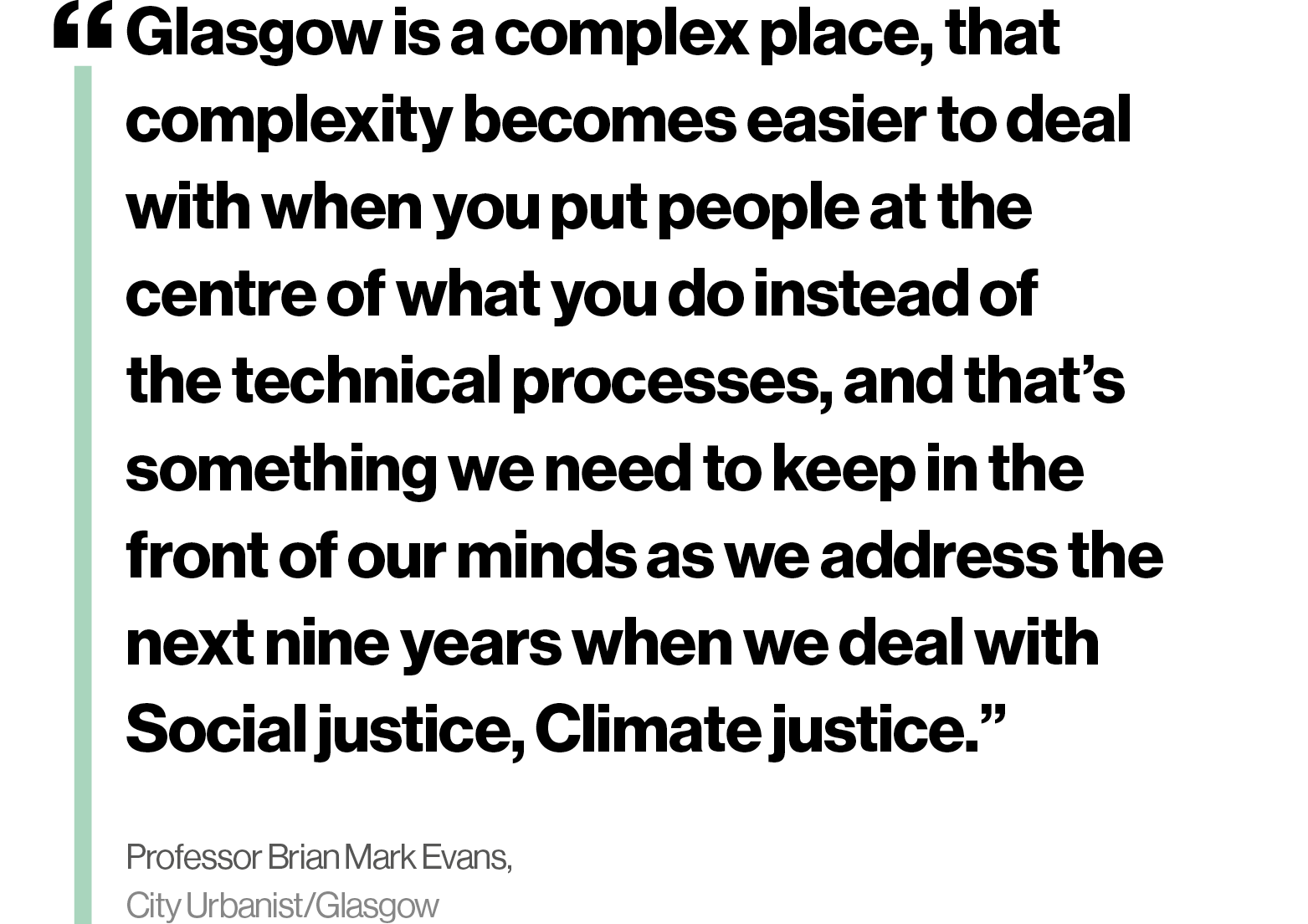This page doesn't exist
This page might have moved or it may have never existed. Luckily, we have plenty more to look at:
Other CCI Pages



This page might have moved or it may have never existed. Luckily, we have plenty more to look at:
Other CCI Pages


